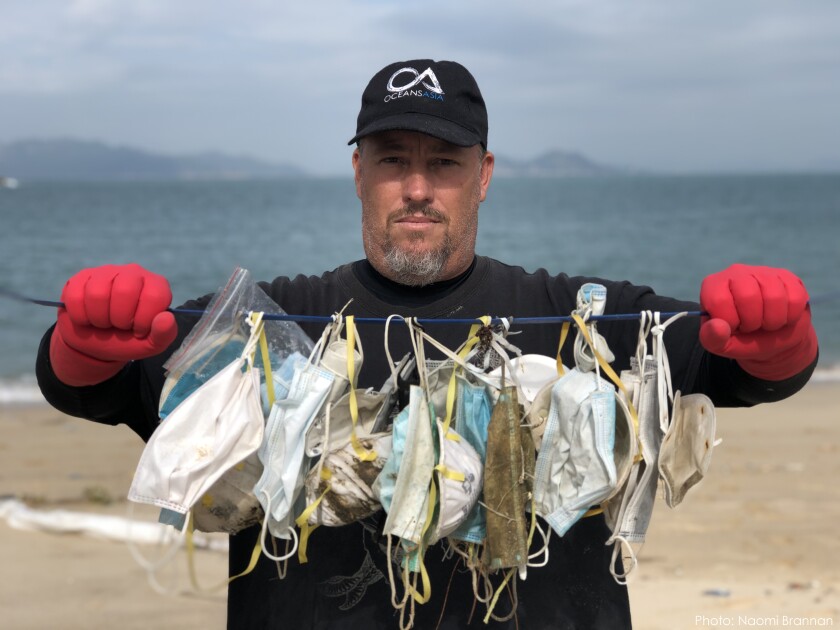chakkra said:
SvennoJ said:
Making vaccine candidates is not that hard, there are plenty already being tested
https://www.raps.org/news-and-articles/news-articles/2020/3/covid-19-vaccine-tracker
Production is also already started before results
https://www.pharmaceutical-technology.com/news/astrazeneca-vaccine-supply-eu/
Commenting on the development of the vaccine, AstraZeneca said: “AstraZeneca recognises that the vaccine may not work but is committed to progressing the clinical programme with speed and scaling up manufacturing at risk.”
The tricky part is not to make people sick with a vaccine while building up effective anti bodies. The strain needs to be similar enough but not too close so people actually get sick. It's impossible to tell how much of a viral load each person can safely handle while still have enough to build up lasting effective immunity, so you need something that is not full blown sars-cov-2 but presents something that looks similar enough to your immune system.
Normally it takes years to test vaccine candidates for long term effects. Imagine giving everyone the same vaccine that has a little side effect to cause infertility in a couple years and you have Children of men! Luckily that's still in the realm of sci-fi and having lots of different vaccine candidates reduces the risk of messing up everyone. It's still a gamble to launch a vaccine without knowing what it can do in 10 years, but a better gamble than letting it go on for another 10 years. But first the short term effects need to be safe and proof to actually be effective enough to stop the virus.
This explains it all very well and the different types of vaccines being tested:
https://www.nytimes.com/interactive/2020/science/coronavirus-vaccine-tracker.html

Researchers around the world are developing more than 135 vaccines against the coronavirus. Vaccines typically require years of research and testing before reaching the clinic, but scientists are racing to produce a safe and effective vaccine by next year.
Genetic Vaccines: Vaccines that use one or more of the coronavirus’s own genes to provoke an immune response.
Viral Vector Vaccines: Vaccines that use a virus to deliver coronavirus genes into cells and provoke an immune response.
Protein-Based Vaccines: Vaccines that use a coronavirus protein or a protein fragment to provoke an immune response.
Whole-Virus Vaccines: Vaccines that use a weakened or inactivated version of the coronavirus to provoke an immune response.
Repurposed Vaccines: Vaccines already in use for other diseases that may also protect against Covid-19.
Some more research on D614G the mutation that seems to have taken over in Europe
https://www.nytimes.com/2020/06/12/science/coronavirus-mutation-genetics-spike.html
Dr. Choe, the senior author on the paper, said that the virus spikes with the mutation were “nearly 10 times more infectious in the cell culture system that we used” than those without that same mutation.
"This is a powerful experimental study and the best evidence yet that the D614G mutation increases the infectivity of SARS-CoV-2,” said Eddie Holmes, a professor at the University of Sydney and a specialist in viral evolution.
The mutation the researchers studied has predominated in Europe and in much of the United States, especially in the Northeast. They compared it to viruses without that mutation, like those found at the beginning of the pandemic in Wuhan, China.
Dr. Choe said that the results do suggest that biological factors played a role in the rapid spread of the D614G virus. “This mutation may explain the predominance of viruses carrying it,” Dr. Choe said. But other scientists cautioned that it would take significantly more research to determine if differences in the virus were a factor in shaping the course of the outbreak. Other factors clearly played a role in the spread, including the timing of lockdowns, travel patterns and luck, scientists argue.
Not yet peer reviewed and needs more investigating, but it could explain the difference in attack rate and speed at which the virus spread through Europe compared to Wuhan.
|
What I don't understand is why don't they just jump one or two phases. I totally understand the risks but this is an unprecedented emergency. I mean, I would be more than willing to try a vaccine that has already gone through phase I and II, heck, give me even one that has gone through just phase I.
|
While you're right that it's an emergency, which is why this process is taking months rather than years as it normally would, it's just too risky to administer something to millions of people before we know for sure that it is safe or even effective.
One such risk is that if we rush out a vaccine without proper testing that only works in say 75% of cases but has a 1% chance of killing diabetics, not only could hundreds of thousands die from it, but the immunity coverage would be too low to contain COVID-19's spread anyway, and then once a truly safe and effective vaccine comes along, people will be too scared to take it because of the fallout from the rushed one.
We need to be absolutely sure it works and is safe before we give it to millions of people, the consequences are just too great.
The reason the vaccines we have now for other illnesses are reliable and safe is precisely because testing is so rigorous.


































































